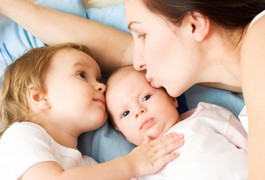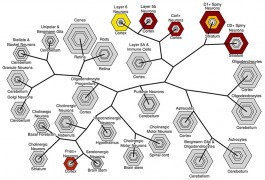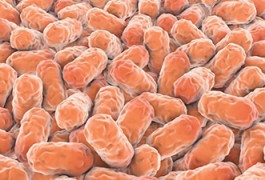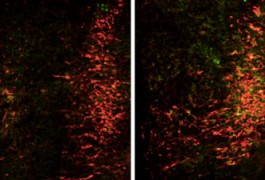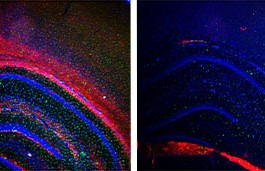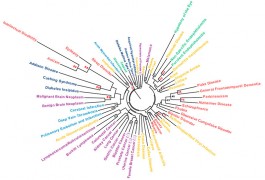The case for using ‘prebiotics’
Prebiotics — nutrients that promote the growth of some beneficial gut bacteria — can influence brain chemistry and behavior. New findings suggest prebiotics as treatments for people with neurological disorders, say Sarkis Mazmanian and Gil Sharon.

